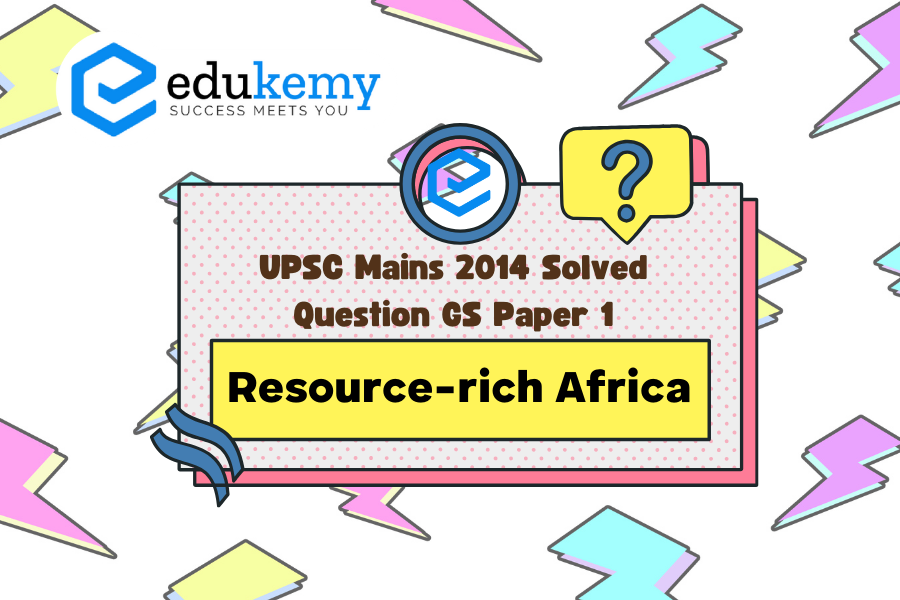India’s perspective on its position within the burgeoning economic landscape of resource-rich Africa is multifaceted and strategic. As one of the world’s fastest-growing economies, India recognizes the immense potential of Africa’s abundant natural resources to fuel its own development trajectory. With a history of bilateral trade and diplomatic ties with numerous African nations, India views itself as a partner in Africa’s economic ascent rather than a competitor to traditional Western powers. Leveraging its historical ties, India aims to foster mutually beneficial trade relationships, technology transfers, and infrastructure development projects across the African continent. Moreover, India’s engagement with Africa is underpinned by a desire to counterbalance China’s growing influence in the region. Through collaborative efforts and investments, India seeks to enhance its geopolitical standing while contributing to Africa’s sustainable development and economic prosperity.
Tag: Distribution of key natural resources across the world (including South Asia and the Indian sub-continent).
Contents
Decoding the Question:
- In the Introduction, briefly write about the India-Africa ties that are inextricably connected by their shared colonial pasts and geographic, political, and socio-cultural commonalities.
- In Body, elaborate India’s place in the economic space of rising natural resource-rich Africa.
- Conclusion with a holistic and long-term approach to energy supply and security is required for both Nations.
Answer:
The African Union is India’s fourth largest trading partner after the United States, China, and the United Arab Emirates, a position propped up by diversification in Indian exports to the continent.A partnership between a billion-person nation with rising resource demand and an underdeveloped continent rich in natural resources would benefit all parties. This is the fundamental premise of African-Indian relations.
India’s place in the economic space of rising natural resource rich Africa:
- Africa plays an increasingly important role in the international hydrocarbon markets. More than half of the recent oil discoveries have been in Africa, which accounts today for about 10% of the world’s oil reserves.
- India is now the fastest growing major importer of oil and natural gas in the world. It also continues to be a major importer of coal from Africa.
- There are also a number of other primary commodities for which India is a major consumer, such as phosphates that are imported from Africa.
- Strengthening the supply links between India and Africa in the energy sector in both upstream and downstream should be an imperative.
- India’s ties with large energy exporters like Angola and Nigeria is pertinent here.
- Energy relations are often strategic. They tend to be much easier if stronger political and strategic relations are developed in tandem. Renewable energy and niche areas like microgrids could be where India contributes to Africa’s energy development.
- Africa’s renewable energy potential is already beginning to be translated into achievements. Electricity generation from renewable energies (solar, hydro, wind, etc.) is being developed in Africa.
- The International Solar Alliance, India’s brainchild initiative can offer a concrete platform where India, as a major player and the host country of this international government Organization, can work together with African countries to address convergent renewable energy priorities.
- Africa is still mainly rural. The combination of off-grid renewable solutions and mini-grids can prove to be the most cost-effective in bringing customized energy supply solutions to diverse economies and territories with low population densities.
- The development of mini-grids in India, fueled by renewable energy, has been successful. This experience of India, and similar other innovations, could apply to some regions in sub-Saharan Africa.
Steps taken by India:
- India and Mauritius signed the Comprehensive Economic Cooperation and Partnership Agreement (CECPA)
- India Japan Asia-Africa Growth Corridor
- Pan Africa e-network
- Vaccine Maitri
- In 2021, African nations launched the African Continental Free Trade Area (AfCFTA) to create a single African market for the free movement of goods, services, labour, and capital, and increasing intra-African trade. AfCFTA may be able to provide Indian firms and investors with certain opportunities to tap into a larger, unified, and robust African market.
The renewed emphasis on Africa comes as New Delhi seeks to strengthen its trade with relatively small and medium-sized economies, as key markets such as the United States and the European Union experience significant growth slowdowns. African nations will benefit greatly from this engagement as well because India’s trade and investments in the continent are not intended to lead the countries into a “debt trap,” as China has frequently been accused of doing.
In case you still have your doubts, contact us on 9811333901.
For UPSC Prelims Resources, Click here
For Daily Updates and Study Material:
Join our Telegram Channel – Edukemy for IAS
- 1. Learn through Videos – here
- 2. Be Exam Ready by Practicing Daily MCQs – here
- 3. Daily Newsletter – Get all your Current Affairs Covered – here
- 4. Mains Answer Writing Practice – here


